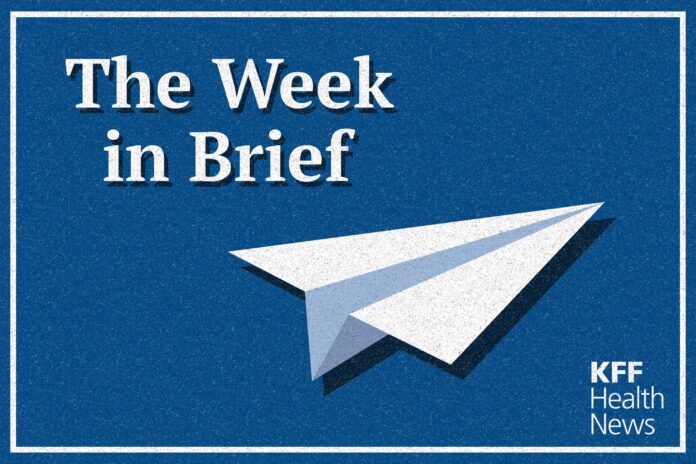Esophageal cancer remains a major health threat worldwide, with considerable regional disparities in incidence and mortality. Key modifiable risk factors—smoking, alcohol consumption, and obesity—are closely linked to its development. Moreover, demographic shifts, such as population growth and aging, further complicate the disease burden. These evolving factors make it essential to thoroughly examine the global epidemiological trends and their drivers.
A team of researchers published a study in Cancer Biology & Medicine. Their work delves into the global impact of esophageal cancer, analyzing incidence, mortality, disability-adjusted life years (DALYs) and the influence of changing demographics and risk factors.
Using the latest data from GLOBALCAN 2022 and the Global Burden of Diseases, the study paints a stark picture: In 2022, there were an estimated 511,054 new cases and 445,391 deaths worldwide, with Asia accounting for 75% of both. The research identifies tobacco use and high body mass index (BMI) as the leading risk factors for men and women, respectively, responsible for nearly half of the deaths and DALYs in men, and a fifth in women.
Alarmingly, BMI is increasingly contributing to the disease burden, particularly in men, while trends for other risk factors show improvement. The study calls for urgent action to curb these modifiable risk factors and reduce the growing burden of esophageal cancer.
Dr. Wanqing Chen, the study’s lead author, states, “Our findings highlight the severe and rising burden of esophageal cancer, especially in Asia. With tobacco use and obesity as major drivers, it is imperative to implement timely and effective public health measures. Understanding the risk-attributable burden will help prioritize resources and develop targeted strategies to combat this devastating disease.”
The study offers a critical roadmap for global health policymakers to implement targeted preventive measures. Reducing tobacco use and combating obesity are key to curbing the growing burden of esophageal cancer. Additionally, with aging populations and demographic shifts, there is an urgent need for corresponding strategies to address the expected rise in cases, ensuring that health systems are prepared to tackle the disease effectively.
The team includes members from the National Cancer Center, National Clinical Research Center for Cancer/Cancer Hospital, Chinese Academy of Medical Sciences and Peking Union Medical College.
More information:
Yi Teng et al, Esophageal cancer global burden profiles, trends, and contributors, Cancer Biology & Medicine (2024). DOI: 10.20892/j.issn.2095-3941.2024.0145
Provided by
Cancer Biology & Medicine
Citation:
Esophageal cancer: Global data reveal growing burden as BMI and tobacco use rise (2024, December 11)
retrieved 11 December 2024
from https://medicalxpress.com/news/2024-12-esophageal-cancer-global-reveal-burden.html
This document is subject to copyright. Apart from any fair dealing for the purpose of private study or research, no
part may be reproduced without the written permission. The content is provided for information purposes only.



